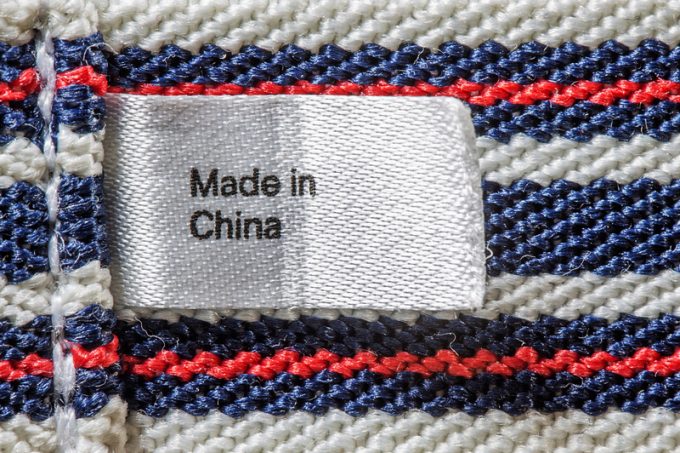Flexport and DHL GF take the temperature of global trade: 'history in the making'
Global trade is alive and well – but the global health situation is continuing to ...
GXO: EARNINGS ON THE WAYEXPD: ON THE RADARDHL: REVENUE AND OPERATING LEVERAGEDHL: TARGETING MARKET SHARE FROM DSV-SCHENKERDHL: SURCHARGES TRENDSDHL: SUPPLY CHAIN UNIT FOCUS DHL: EXPRESS VOLUMES DHL: DEMAND SURCHARGE DHL: 'COST OF CHANGE' DHL: 'FIT FOR GROWTH' FOCUSDHL: QUESTION TIMEDHL: CAREFUL ON INVESTMENTDHL: AIR CAPACITY AND RELATED COSTS DHL: DIVERSIFICATION RULESDHL: CONF CALL DAC: EARNINGS MISSDHL: RELIEF RALLYDSV: CONSENSUS SOUGHTKNIN: NEW MULTI-YEAR LOW
GXO: EARNINGS ON THE WAYEXPD: ON THE RADARDHL: REVENUE AND OPERATING LEVERAGEDHL: TARGETING MARKET SHARE FROM DSV-SCHENKERDHL: SURCHARGES TRENDSDHL: SUPPLY CHAIN UNIT FOCUS DHL: EXPRESS VOLUMES DHL: DEMAND SURCHARGE DHL: 'COST OF CHANGE' DHL: 'FIT FOR GROWTH' FOCUSDHL: QUESTION TIMEDHL: CAREFUL ON INVESTMENTDHL: AIR CAPACITY AND RELATED COSTS DHL: DIVERSIFICATION RULESDHL: CONF CALL DAC: EARNINGS MISSDHL: RELIEF RALLYDSV: CONSENSUS SOUGHTKNIN: NEW MULTI-YEAR LOW

This is an interesting article in Forbes, looking at the future of globalisation. With companies looking to reduce supply chain reliance on China, where will they go next? Not all countries’ markets are up to the challenge. Some, which are large and yet isolated, like India and Brazil, may fare better in a de-globalised world. Others could look to their wider region to become a manufacturing hub, (think Eastern Europe). But, warns one analyst, there is no going back. “The nature of [the relationship between the US and China] will be fundamentally changed.” And that change will have global ramifications.



Comment on this article